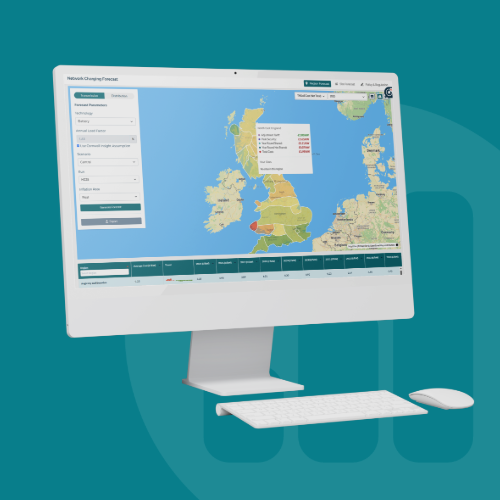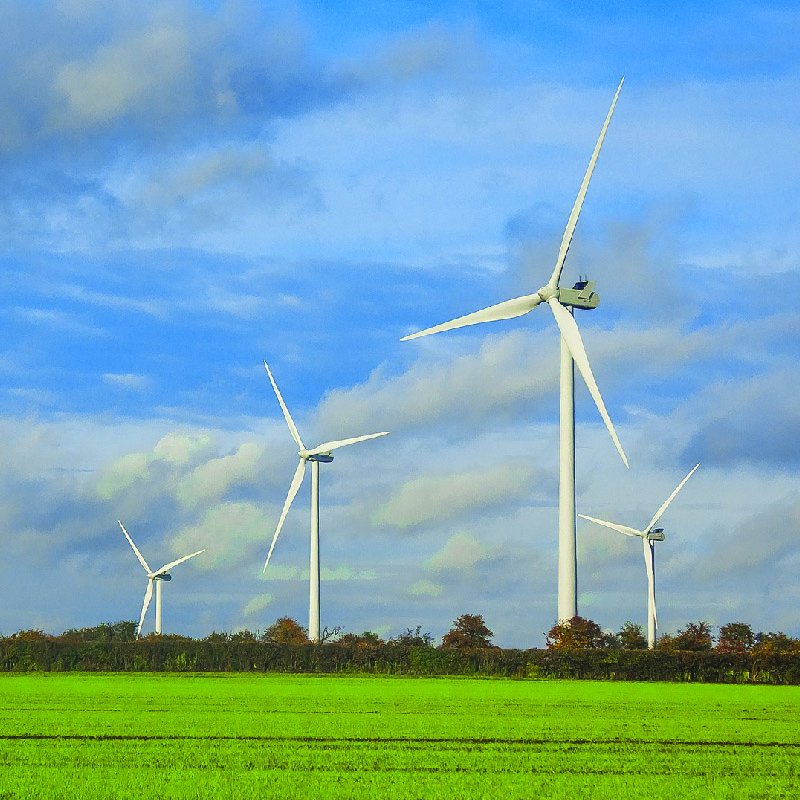Industry Essentials Free Trial
Apply for a FREE 14-day trial of Industry Essentials to stay ahead in the GB energy market

Apply for a FREE 14-day trial of Industry Essentials to stay ahead in the GB energy market

Newly enhanced expert long-term forecasting for network use of system charges & revenues

Commercial due diligence–style market forecast of wholesale power prices, capture rates, and IRRs

Be the first to hear about market updates, insights, and the latest events from Cornwall Insight
Our research, consulting and training builds capacity for the delivery of net zero, creating common purpose with our customers, and a shared commitment to reshaping the energy world of tomorrow.

We’re committed to bringing down our emissions to net zero by 2035. Learn more

One of the Financial Times leading UK management consultancies in the energy, utilities and environment sector for five years. Learn more

We are proud recipients of an Investors in People Silver Accreditation, highlighting our commitment to workplace excellence. Learn more

Members of the internationally recognised CPD Certification Service, a powerful learning tool that is focused on improving skills, ensuring qualifications are up to date, and ensuring an empowering approach to career progression.

In-depth industry knowledge, data and market analysis will help keep you up to date
A new report from Cornwall Insight, commissioned by Integrate to Zero, highlights that Great Britain has a significant opportunity to tap into a global energy flexibility market worth up to £750bn ($1trn).
Read MoreSince the energy crisis, there has been an increased focus on how much British businesses are paying for their energy, especially their electricity. Although wholesale markets have eased from their peaks in 2022-23, delivered prices have remained stubbornly high. There is growing recognition, especially amongst trade groups and the business media, that the cause of this is structural, with non-commodity costs - the costs which sit on top of wholesale energy prices - becoming more prominent in bills amidst policy and system changes.
Read MoreOur Senior Analyst Robin Clarke told the Guardian that while the UK’s renewables pipeline looks stronger than ever on paper, approvals alone don’t generate electricity.
Read MoreNearly half of energy professionals view grid infrastructure and storage limitations as the biggest barrier to achieving net zero, according to a survey conducted at Cornwall Insight’s CI Live conference.
Read MoreSome of Britain’s biggest energy users could see steep rises in their annual bills rise by 2030, as non-commodity costs continue to climb.
Read MoreOur Principal Consultant, Dr Craig Lowrey, told the Telegraph that part of the energy bill increase was linked to the expansion of the Warm Home Discount.
Read MoreCornwall Insight Analyst told the Guardian that our Domestic Tariff Report shows suppliers are scaling back green options in response to shifting customer choices during the cost of living crisis
Read MoreOur Principal Consultant Kate Mulvany spoke to the BBC, emphasising that this decision should not be seen as an excuse to continue with business as usual.
Read MoreIn response to the government's release of it's Industrial Strategy, Cornwall Insight put out data from our Business Energy Cost Forecast,
Read MoreOur Analyst, Tilly Boultwood, spoke in Business Green on why (EV) inequality is one of the key barriers to the UK’s ambitious climate targets,
Read MoreCornwall Insight released our final forecast for the July price cap, from our Default Tariff Cap predictor.
Read MoreWe cautioned that any move to introduce zonal electricity pricing across Great Britain is unlikely to be achievable before the end of the decade.
Read More
Fill in your details and we will get back to you as soon as possible with more information about our solutions.